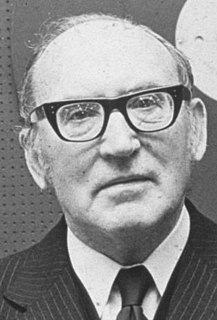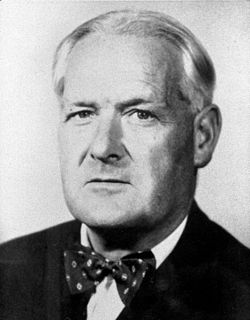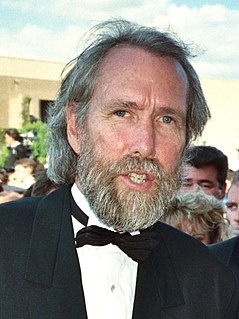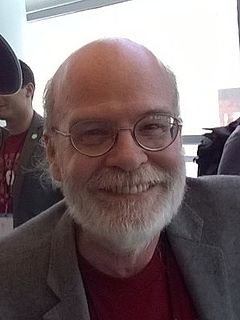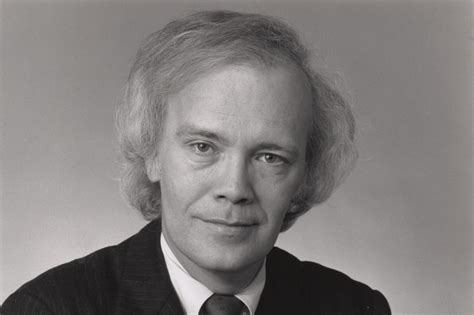A Quote by Maurice Wilkes
A source of strength in the early days was that groups in various parts of the world were prepared to construct experimental computers without necessarily intending them to be the prototype for serial production. As a result, there became available a body of knowledge about what would work and what would not work.
Related Quotes
I keep remembering from my early student days how I would walk at night through the streets, my hands bunched into fists in the pocket of my coat, my head hunched deep into my collar, and how I used to say, 'I want to work, I shall work'--and then I would come back home and be so exhausted by my determination that I had no strength left to do the actual work.
I had just 15 days to work on my body for the climactic fight of 'Bodyguard.' And I would work on every muscle of my body two/three times a week. I would have developed a superb body if I had three months, but squeezing it into 15 days can be harmful. Also, as you grow older, your metabolic rate slows down.
The parts of a machine work with a maximum of cooperativeness for a common result, but they do not form a community. If, however, they were all cognizant of the common end and all interested in it so that they regulated their specific activity in view of it, then they would form a community. But this would involve communication. Each would have to know what the other was about and would have to have some way of keeping the other informed as to his own purpose and progress.
I've approached music with the understanding that knowledge is available regarding tones and their effect upon the body. I think the father of that knowledge was the mathematician Pythagoras who lived several thousand years ago. Pythagoras was also a fine musician and he knew specifically what tones would affect which parts of the body.
All scientific work is incomplete - whether it be observational or experimental. All scientific work is liable to be upset or modified by advancing knowledge. That does not confer upon us a freedom to ignore the knowledge we already have, to postpone action that it appears to demand at a given time. Who knows, asks Robert Browning, but the world may end tonight? True, but on available evidence most of us make ready to commute on the 8:30 next day.
I think there are a lot of writers who would never have an opportunity to make their work. Some presses rely heavily on the NEA. Translators cannot support themselves on translating. It would be isolating artistically. It would diminish experimental output. It would have a homogenizing effect on the work that was made.
The only thing I can hope the viewer will get from the work is something about the structure of the work. It would be asking too much, I think, for them to get my exact intention. But if - through the construct of language, the way things are juxtaposed - there is some sort of disruption of the way you would normally go about reaching photographic images... if that is happening, that's fine.
I love to read and teach experimental fiction but yes, neither this work nor my first novel is really that experimental. It uses some experimental techniques but in the end, I would not say that it is experimental. I'm not sure why. I do a lot of writing on my own, and I have always just written this way.
During all those years of experimentation and research, I never once made a discovery. All my work was deductive, and the results I achieved were those of invention, pure and simple. I would construct a theory and work on its lines until I found it was untenable. Then it would be discarded at once and another theory evolved. This was the only possible way for me to work out the problem.
The history of work has been, in part, the history of the worker's body. Production depended on what the body could accomplish with strength and skill. Techniques that improve output have been driven by a general desire to decrease the pain of labor as well as by employers' intentions to escape dependency upon that knowledge which only the sentient laboring body could provide.
